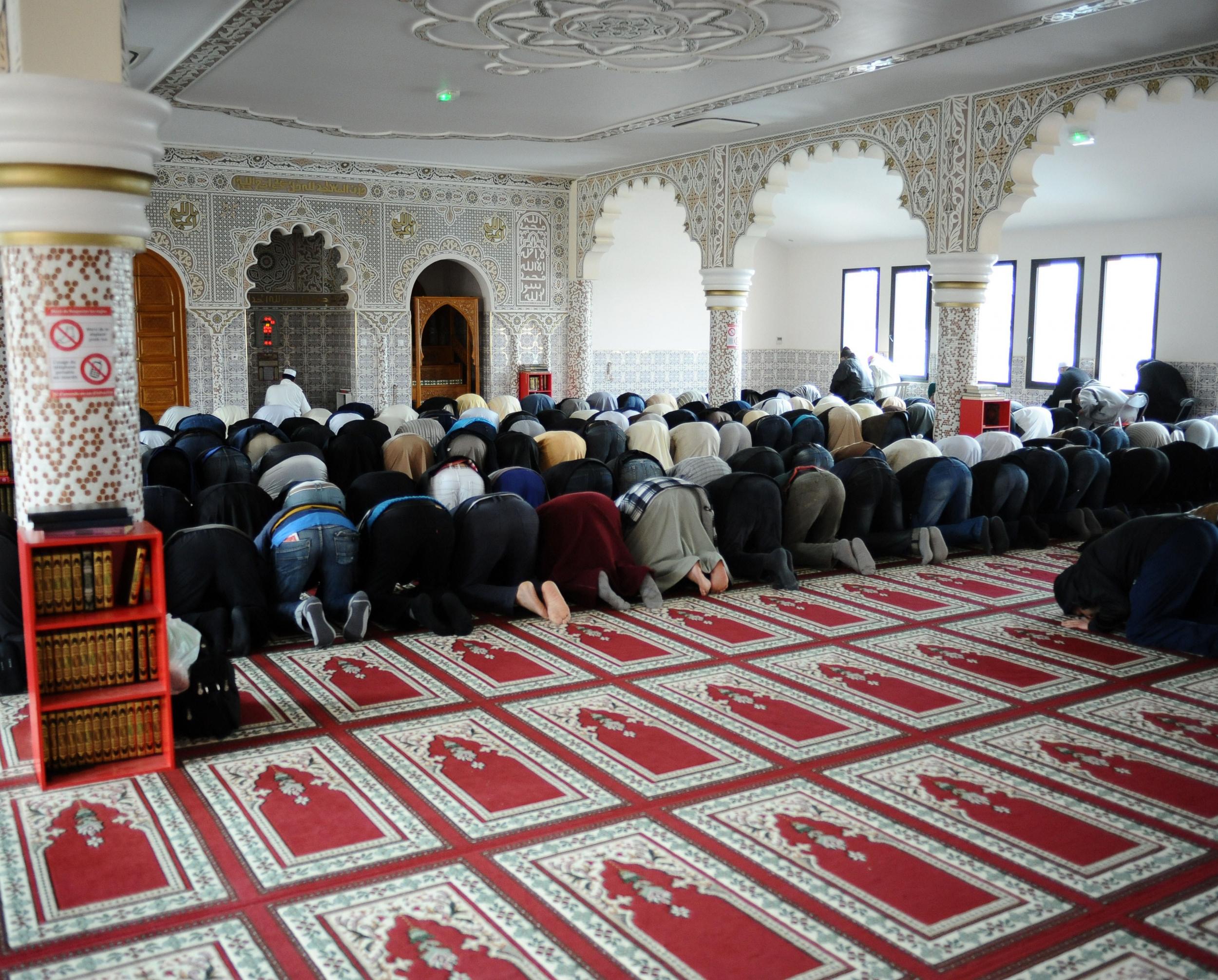The government believes the more conservative the Muslim, the more likely they will turn to terror
"While religion may very well be a factor in radicalisation, to insinuate it is the main or only one is extremely dangerous. It lets attackers like those in Paris remain undetected until they quite literally explode"

Your support helps us to tell the story
From reproductive rights to climate change to Big Tech, The Independent is on the ground when the story is developing. Whether it's investigating the financials of Elon Musk's pro-Trump PAC or producing our latest documentary, 'The A Word', which shines a light on the American women fighting for reproductive rights, we know how important it is to parse out the facts from the messaging.
At such a critical moment in US history, we need reporters on the ground. Your donation allows us to keep sending journalists to speak to both sides of the story.
The Independent is trusted by Americans across the entire political spectrum. And unlike many other quality news outlets, we choose not to lock Americans out of our reporting and analysis with paywalls. We believe quality journalism should be available to everyone, paid for by those who can afford it.
Your support makes all the difference.It turns out that the Paris attackers, whose inexcusable atrocities rained down on France last week, were not Muslim in the recognisable sense.
For example, the “master-mind” of the massacre Abdelhamid Abaaoud, was seen drinking whisky and smoking cannabis in Saint-Denis after the attack. And Europe’s first female suicide bomber had a reputation for “drinking, smoking, and having lots of boyfriends”. The two brothers also involved, Salah and Brahim Abdesalam, were petty thieves who owned and managed a bar.
It is no secret that Islam explicitly prohibits all of the above. But whether this makes the aims of these criminals any more or less Islamic is an arbitrary discussion. This information matters for a far more vital reason.
Our government’s current anti-radicalisation strategy is based entirely on the premise of a so-called “conveyor belt theory”. The Home Office vouches for this theory, and it forms the basis of the government’s flagship counter-terrorism policy Prevent.
The conveyor belt theory asserts that the more conservative a Muslim is in their beliefs, the more fundamentalist they will become, and ultimately radicalised. They will then turn to terrorism. In a nutshell, a linear, unstoppable progression from “non-violent extremism” to “violent extremism”, with most of the focus on ideological factors.
This simplistic, decontextualised formulation has been heavily criticised by both academia and civil society.
In practice, it means that the government and police will be gauging potential terror threats almost solely on what kind of "conservative" values a person demonstrates. For example, the new Counter-Terrorism and Security Act makes it a duty on teachers, doctors, and civil servants to monitor and report on those they interact with if they hold certain views.
The Paris attackers – and those in Sydney, Boston, London – prove that such an approach is both counterproductive and careless. It leaves a massive blind spot.
Even MI5 have indicated this, saying that most of those involved in terrorism are “far from being religious zealots”. MI5 go on to say that, in fact, “there is evidence that a well-established religious identity actually protects against violent radicalisation.”
While religion may very well be a factor in radicalisation, to insinuate it is the main or only one is extremely dangerous. It lets attackers like those in Paris remain undetected until they quite literally explode.
It is no longer responsible for public discourse to maintain the myth of the conveyor belt theory as a sole delineator. It is a convenient, simplified narrative, but it serves no real security purpose, and frequently results in the mistreatment of innocent people.
It is time for radicalisation to be treated as the academic subject it is, and for a fuller, contextualised debate to be had. All of the relevant factors need to be acknowledged and considered when addressing what causes extremism. Nothing should be subjected to stigma or political antipathy.
A good start is to admit the rich academic authorities and literature in this area. Far too much has been done in social, economic, and political research relating to radicalization, only to remain unused. From academic sources, to those in civil society and journalism, it would be impractical for them to continue to be ignored by politicians bent on spinning an easy story.
To stay safe, we must have this discussion properly, and reform our thoughts, attitudes, and policing accordingly. We need an anti-radicalisation strategy built for the real world.
Join our commenting forum
Join thought-provoking conversations, follow other Independent readers and see their replies
Comments